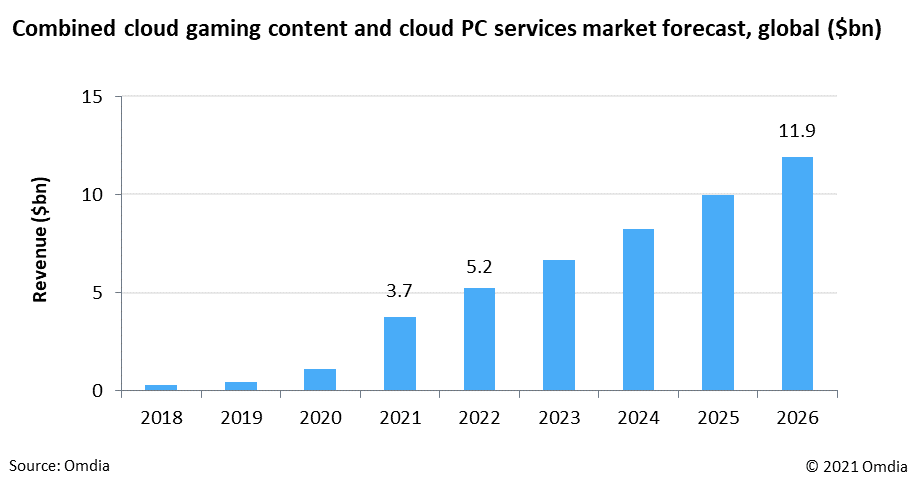417 reads
Cloud Gaming Will Kill The Web3 Dream
by
August 24th, 2022
Audio Presented by

Author of sci-fi and horror, narrative designer, and independent film producer. Loves cassette futurism.
About Author
Author of sci-fi and horror, narrative designer, and independent film producer. Loves cassette futurism.
